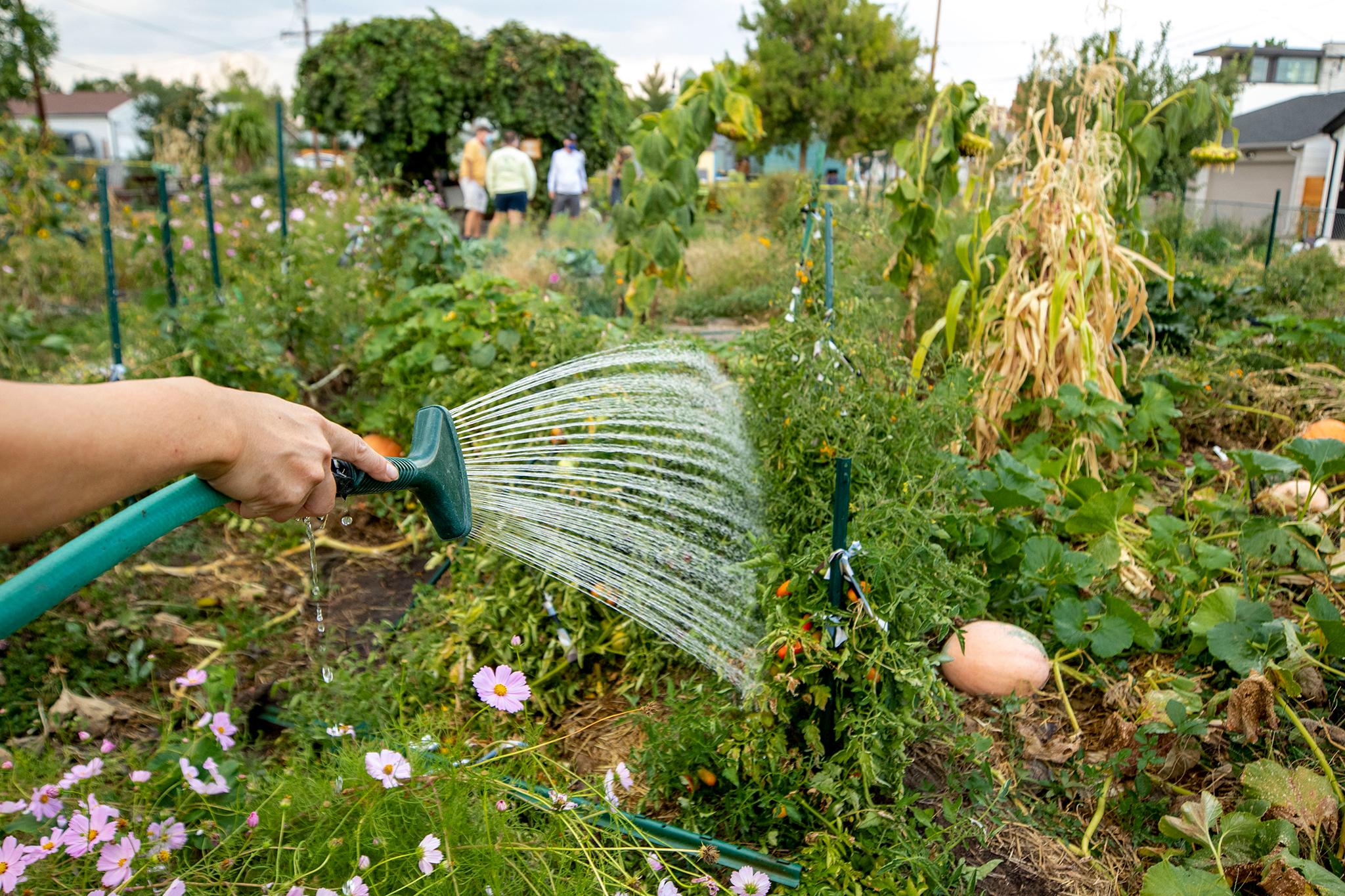Students at the Bruce Randolph School will be able to grow and eat veggies inside a hydroponic classroom farm thanks to money generated from a sale tax increase voters approved two years ago.
City Council on Monday voted unanimously to approve $529,350 to pay for the hydroponic farm at Bruce Randolph School. The money will be provided to Denver Public Schools and pays for a one-year program to build and maintain the farm. The school has students from sixth to 12th grade and serves kids from the Clayton and Elyria Swansea neighborhoods.
The money comes from the Healthy Food for Denver Kids program, which gets its money from the city's sale tax. Voters passed the tax increase in November 2018. The program's goal is to raise money to feed kids and educate them about nutrition. The program's overseen by the city's public health department.
Traci Sanchez, a career specialist with the district, said the project will convert an existing classroom at the school into a controlled agricultural environment.
Sanchez said the district is designing the farm's layout. The school wants the indoor farm to be completed by the fall. Students will be able to grow vegetables like lettuce, arugula, chard and bok choy inside the farm, as well as herbs, cucumbers and peppers. The students will also help install the equipment for the farm and learn how it works.
The money approved Monday will help pay for a full-time farm manager who will work closely with the school's agricultural teacher. Sanchez said the entire project will help expose children to potential career options and complement the school's existing STEM curriculum. She added the indoor farm will double as a lab for science classes.
Students will also learn about advocacy. Sanchez said the district is partnering with Teens for Food Justice, a New York-based nonprofit that specializes in healthy food access, so students can learn more about equitable access to food.
Lauren Howe, program administrator for the Healthy Food for Denver Kids program, said just over $22 million has been raised from collections in 2019 to 2020. Howe said the program has provided $8.2 million of that money so far to 64 organizations. The money ranges from $10,000 grants for emergency hunger relief related to COVID-19 to a roughly $1 million grant for DPS to build a large greenhouse in southwest Denver.
Howe said the Bruce Randolph School project is unique. It was chosen after review from a 13-member commission. Howe said the project was chosen was because it's a school-based program that helps underserved students in Denver and could have long-term benefit for students in the district.












